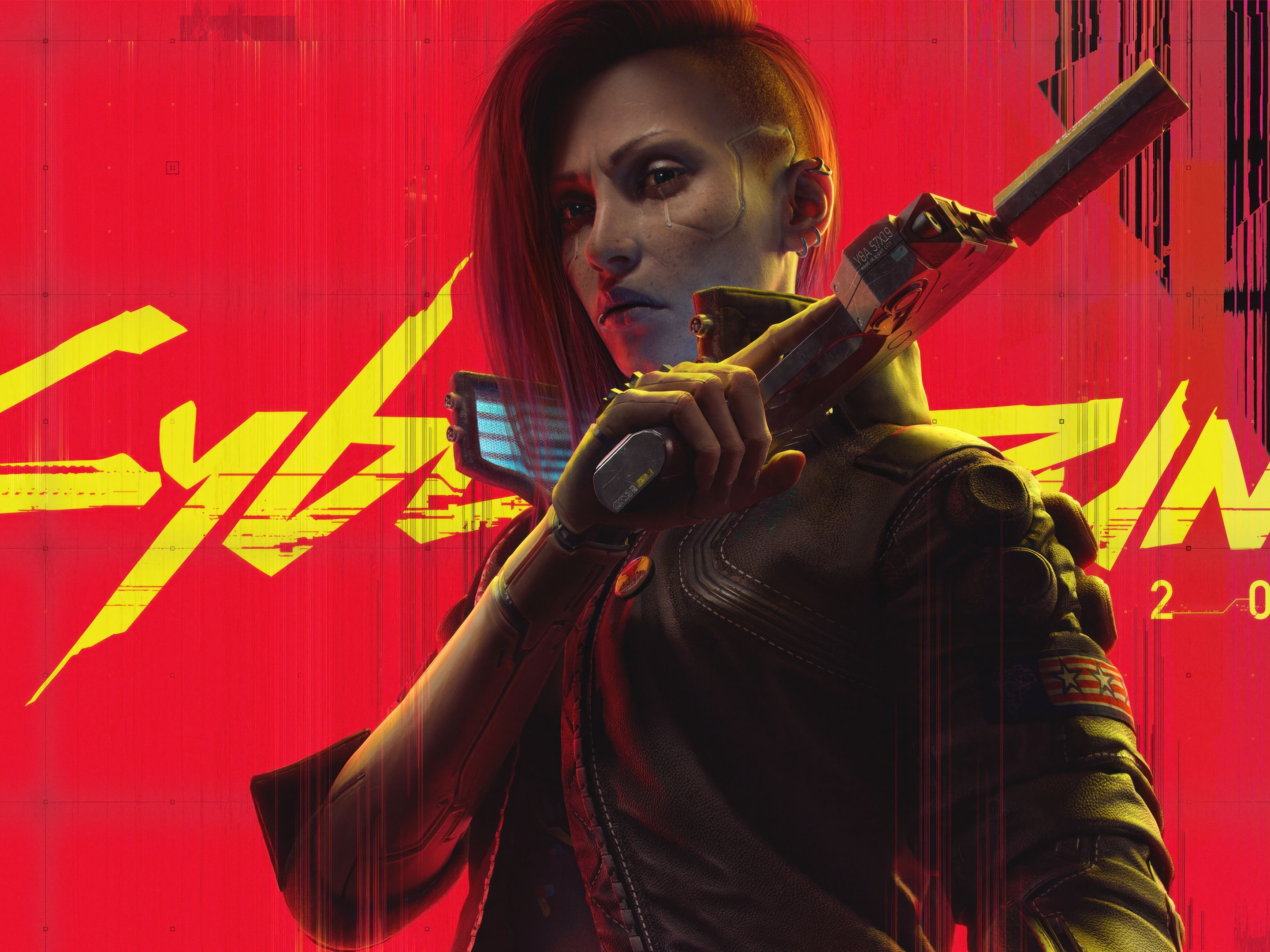XCOM: Chimera Squad arrived in April 2020 as a surprise. In the midst of a global pandemic, Firaxis Games released a bold, experimental spin-off that dared to ask: what happens after the war? For years, the XCOM franchise had been defined by a specific formula: a desperate, grinding global defense against an overwhelming alien invasion. Chimera Squad took a sledgehammer to that formula, reassembling the pieces into something smaller, stranger, and ultimately, a fascinating experiment that scored a conditional success.
The game’s most significant departure is its narrative and tonal shift. The war is over. XCOM has won, and the aliens, now free from Eldar control, have integrated into human society. The setting is City 31, a fragile, bustling melting pot of species and cultures. You are not the commander of a global military initiative; you are the overseer of a small, ragtag police force comprised of both humans and former alien adversaries. This premise is Chimera Squad’s greatest strength. It’s a brilliant narrative hook that explores the complex, messy reality of peace. The writing, while occasionally cheesy, effectively sells this world of tense co-existence, political intrigue, and street-level crime. The banter between the unique, pre-defined agents—from the gruff human Verge to the enthusiastic mutant Cherub—breathes life into the squad in a way the silent, customizable soldiers of mainline games never could.
This character-focused approach is mirrored in the game’s structural overhaul. The strategic layer is drastically streamlined. The globe is replaced by a single city map divided into districts. The traditional anxiety-inducing Avatar Project is swapped for a “City Anarchy” meter, which rises as unrest spreads. Your primary mission is to manage this unrest by investigating three unfolding story arcs, tackling procedural crimes in between. The Breach mechanic is the crown jewel of this new tactical layer. Before a firefight even begins, you position your squad at various entry points and execute a “breach,” a scripted opening volley that can dramatically alter the battle’s momentum. This system adds a fantastic layer of puzzle-like strategy, forcing players to think about encounter openings with the same depth they once reserved for entire battles.
Furthermore, the introduction of an interleaved turn order, replacing the traditional XCOM/US turn system, is arguably the game’s most impactful and controversial innovation. The turn order is displayed as a timeline, with allies, enemies, and even civilians taking their turns in a set sequence. This completely redefines tactical priorities. It’s no longer about eliminating all enemies on their turn; it’s about manipulating the timeline itself. Abilities that delay, stun, or execute enemies become paramount, as pushing a dangerous enemy back in the queue can save a teammate’s life. This system is brilliant in theory, rewarding precise planning and target selection.

However, this is where the “experimental” nature of Chimera Squad reveals its flaws, and the score begins to dip. The interleaved turn order, while innovative, often feels punishingly rigid. A few bad rolls or an unlucky sequence can lead to a devastating death spiral from which recovery is nearly impossible. The loss of a single agent can feel catastrophic, not just emotionally, but mechanically, as their turn is simply removed from the timeline, giving the enemy even more consecutive actions.
The game’s scope and production values also mark it clearly as a spin-off. Reused assets from XCOM 2 are plentiful, and the overall presentation, while functional, lacks the polish of its predecessor. The campaign is relatively short, and the procedural elements can lead to repetitive mission environments and objectives. The ambitious narrative, while compelling, concludes somewhat abruptly, leaving the player wanting more—both in a good and a bad way.
So, what is the final score for XCOM: Chimera Squad? It is an unresounding but solid B+. It is not a replacement for the grand, punishing strategy of XCOM 2, nor was it ever intended to be. It is a laboratory. It is a testing ground for bold new ideas—the Breach mechanic, the timeline turn order, a narrative of peace—that could and should be integrated into the franchise’s future.
Its success lies not in perfection, but in its daring creativity. It proved that the XCOM universe could sustain stories beyond a simple human-versus-alien war. It demonstrated that its deep tactical systems could be twisted into exciting new shapes. For every player frustrated by its janky difficulty spikes or limited scope, another was charmed by its personality, its world-building, and its inventive breaches. Chimera Squad is the fascinating, flawed prototype that took a calculated risk. It stumbled at times, but it ultimately stuck the landing, leaving a legacy of brilliant concepts that will hopefully inform the next major evolution of the XCOM franchise. It was a necessary experiment, and for that, it deserves high marks.















